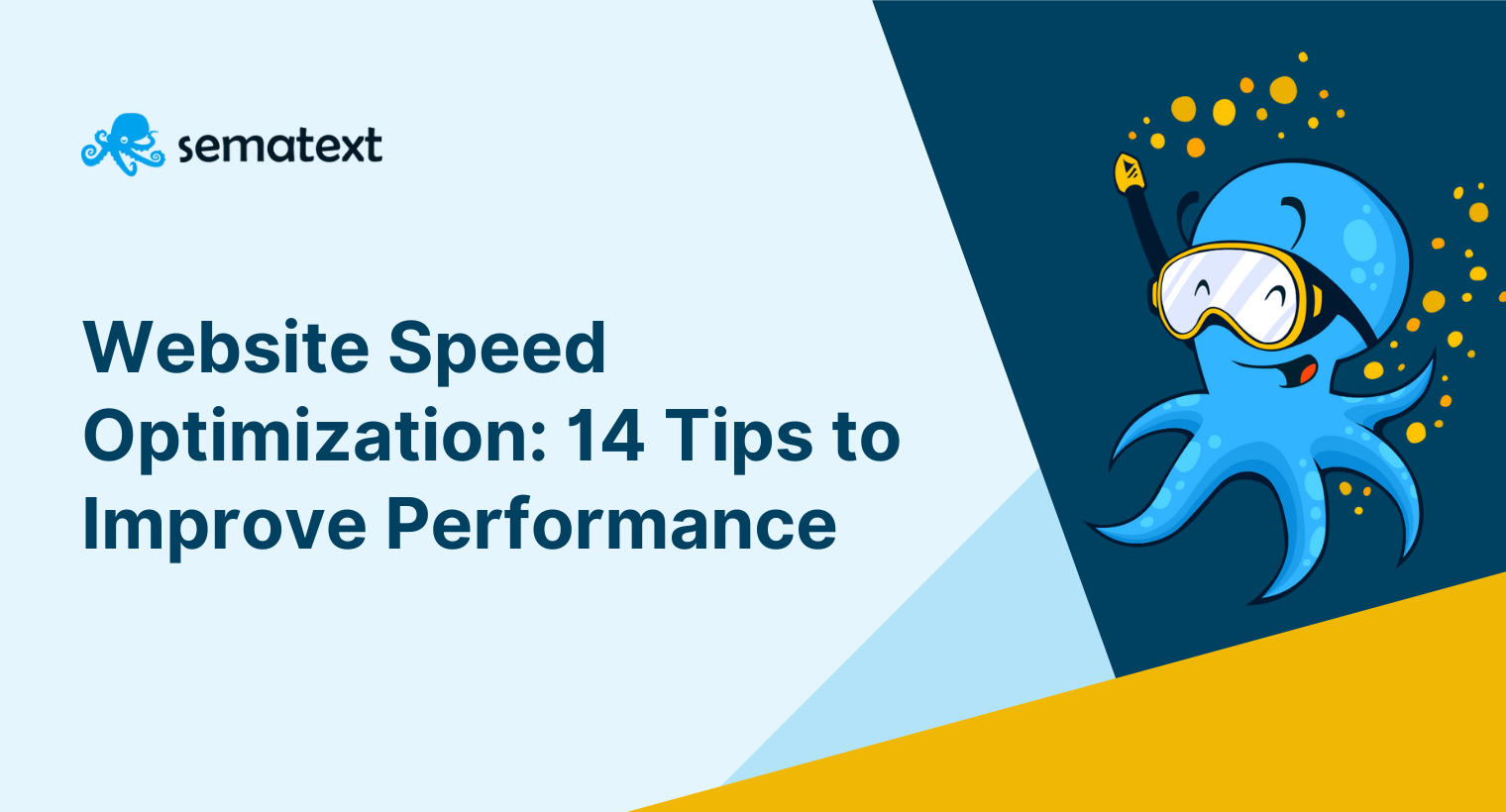Pulse of Information
Your source for the latest insights and updates.
Speed Demons: How to Make Your Website Fly
Unlock the secrets to turbocharging your website! Discover expert tips to boost speed and skyrocket user experience now!
10 Proven Techniques to Increase Your Website's Loading Speed
In today's digital landscape, having a fast-loading website is crucial for retaining visitors and improving your search engine ranking. Here are 10 proven techniques to increase your website's loading speed. First, consider optimizing your images by compressing them without losing quality. Tools like ImageOptim or TinyPNG can significantly reduce file sizes. Second, leverage browser caching to store frequently accessed resources locally, which decreases loading time for repeat visitors. Implementing these strategies lays a strong foundation for enhancing overall site performance.
Furthermore, utilizing a content delivery network (CDN) can distribute your website's content across multiple servers globally. This reduces latency and speeds up content delivery to users regardless of their location. Also, minimizing HTTP requests by combining CSS and JavaScript files can further streamline loading times. Lastly, regularly audit your website using tools like Google PageSpeed Insights to identify additional areas for improvement, ensuring that your site remains competitive in speed. By applying these 10 proven techniques, you'll not only enhance user experience but also boost your SEO efforts.

Why Website Speed Matters: The Impact on User Experience and SEO
Website speed is a critical factor that significantly impacts user experience. Research shows that users expect a website to load in under three seconds; anything longer can lead to frustration and high bounce rates. A slow website can diminish user engagement, as visitors are more likely to abandon a site that takes too long to load. In fact, 47% of consumers expect a webpage to load in two seconds or less. Therefore, ensuring fast loading times not only enhances user satisfaction but also boosts the likelihood of users returning to your site.
Moreover, website speed plays a pivotal role in SEO rankings. Search engines, like Google, consider loading speed as a ranking factor, meaning that faster websites are more likely to appear higher in search results. Slow-loading sites can suffer from decreased visibility, resulting in less organic traffic. As user experience and SEO are inherently connected, optimizing your website for speed can enhance both your search engine performance and overall user satisfaction. To achieve this, consider employing strategies such as compressing images, leveraging browser caching, and minimizing HTTP requests.
Is Your Website Slow? Common Reasons and How to Fix Them
If you've noticed that your website is loading slowly, you're not alone. A slow website can lead to high bounce rates and decreased conversions, significantly impacting your site's performance and search engine rankings. Some common reasons for a slow website include large image files, excessive HTTP requests, and poorly optimized code. Additionally, issues with your hosting provider can also contribute to sluggish load times. To effectively diagnose the problem, consider using tools like Google PageSpeed Insights or GTmetrix that can provide valuable insights into your site's speed and pinpoint specific areas for improvement.
Fixing a slow website involves several key steps. First, optimize your images by compressing them without sacrificing quality—tools like TinyPNG or ImageOptim can help. Next, minimize the number of HTTP requests by reducing the amount of scripts and stylesheets loaded on your site. Implementing a content delivery network (CDN) can also significantly reduce load times, especially for users located far from your server. Lastly, consider leveraging browser caching and optimizing your site's code by removing unnecessary plugins or scripts. By addressing these common issues, you can enhance your website's performance and provide a better user experience.